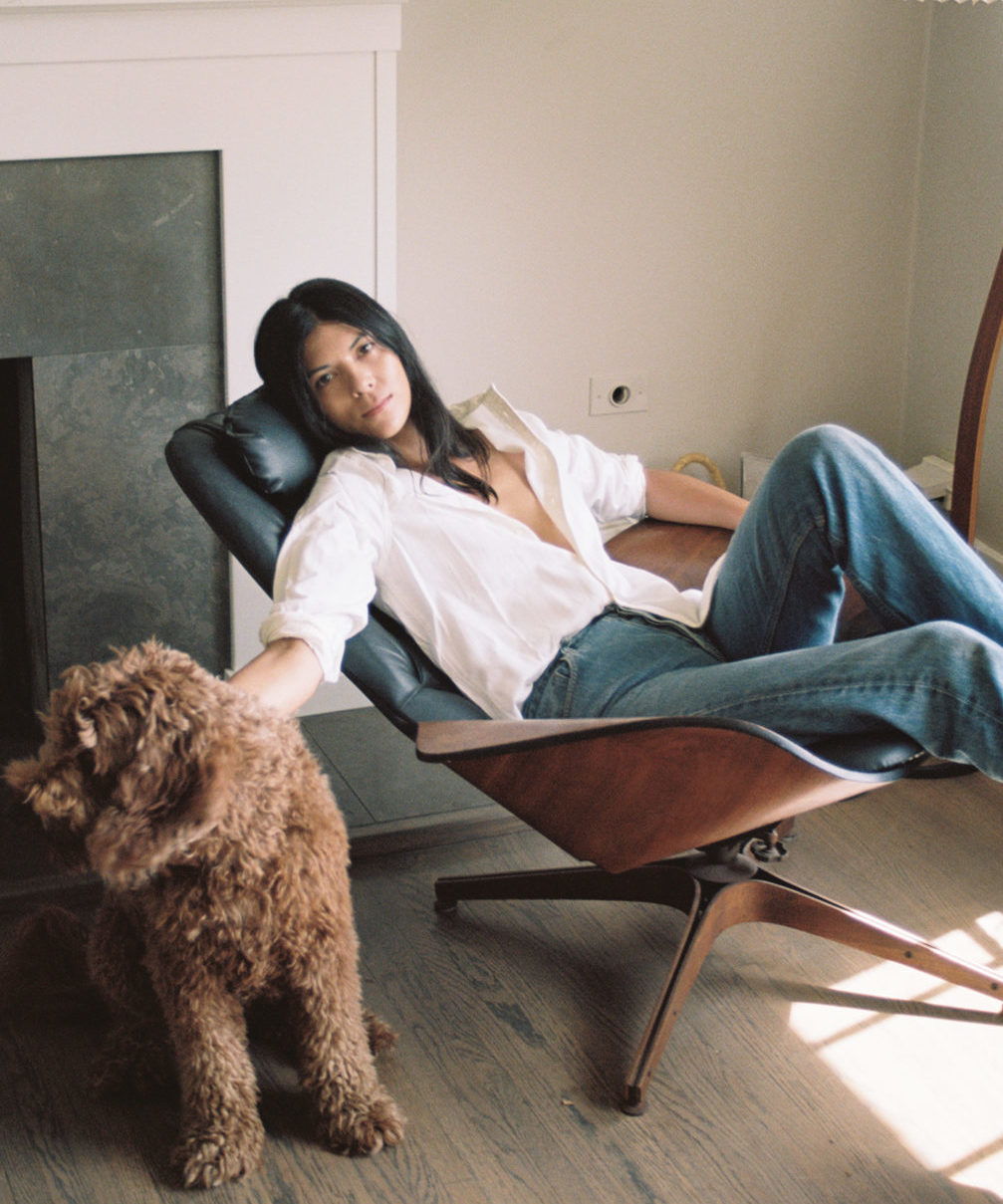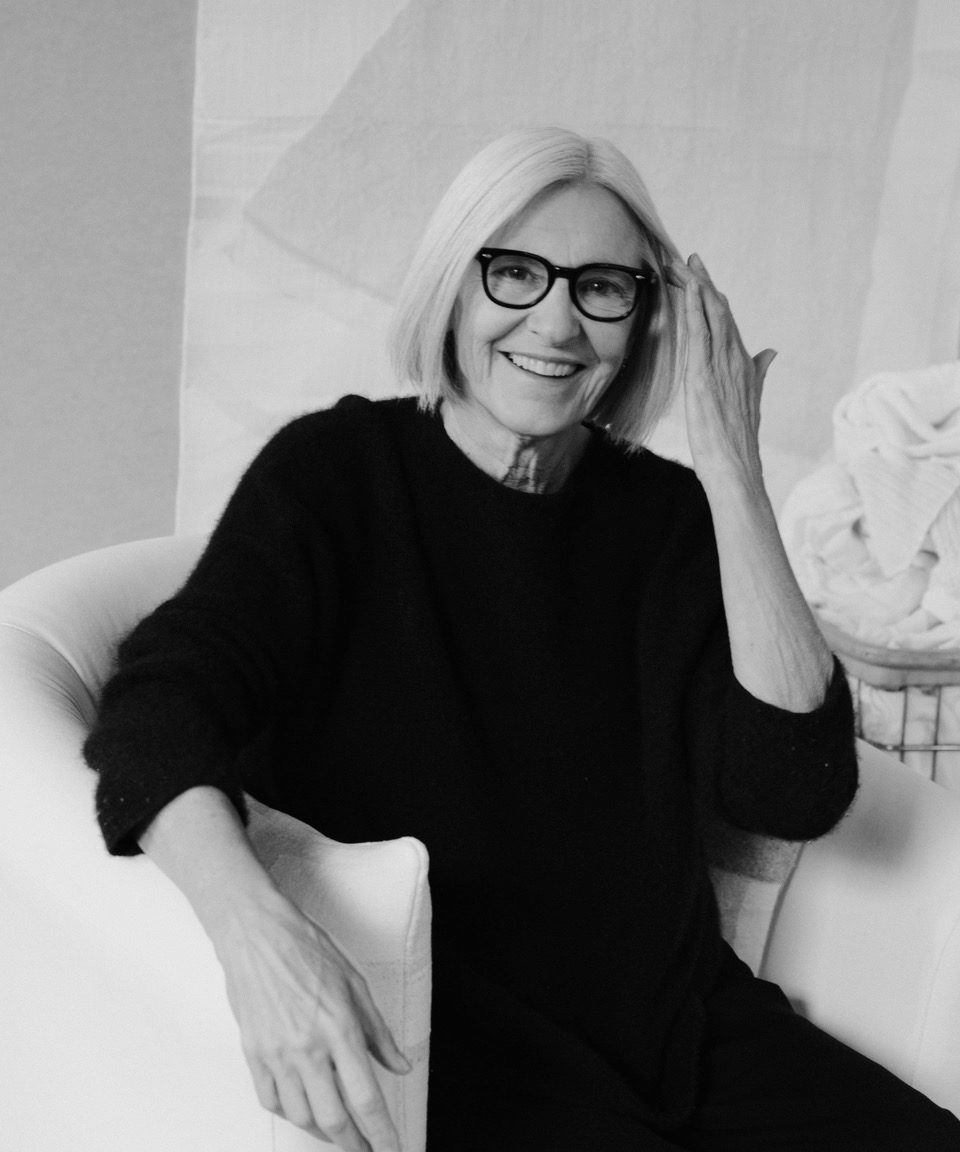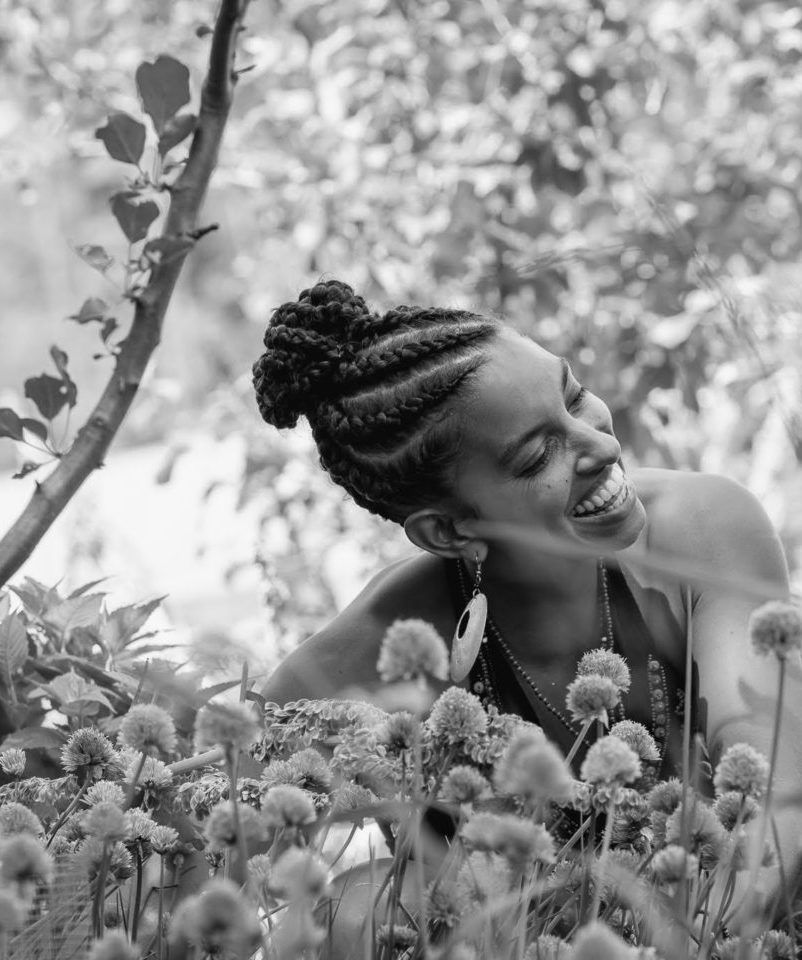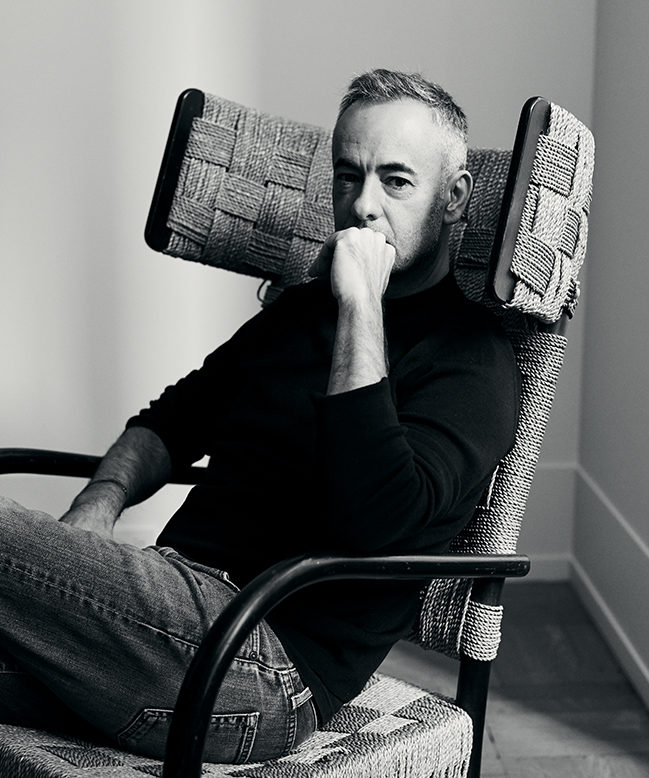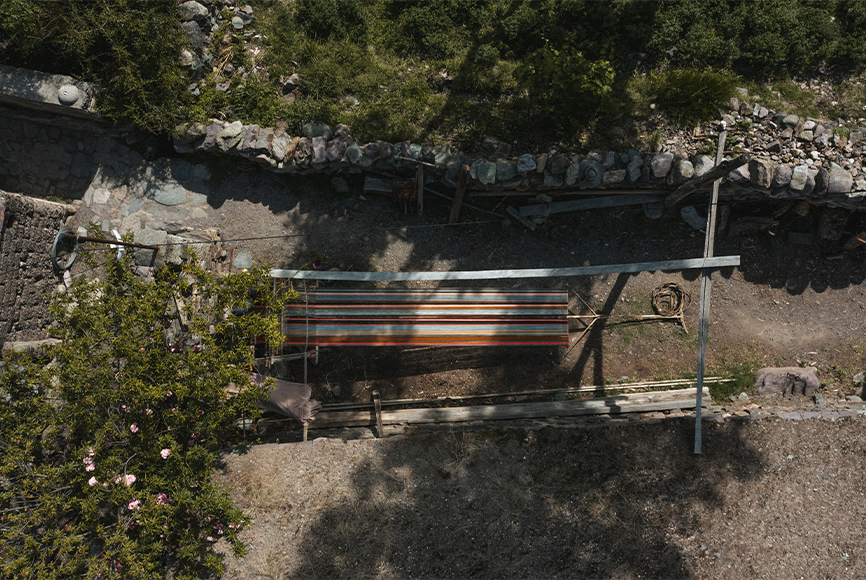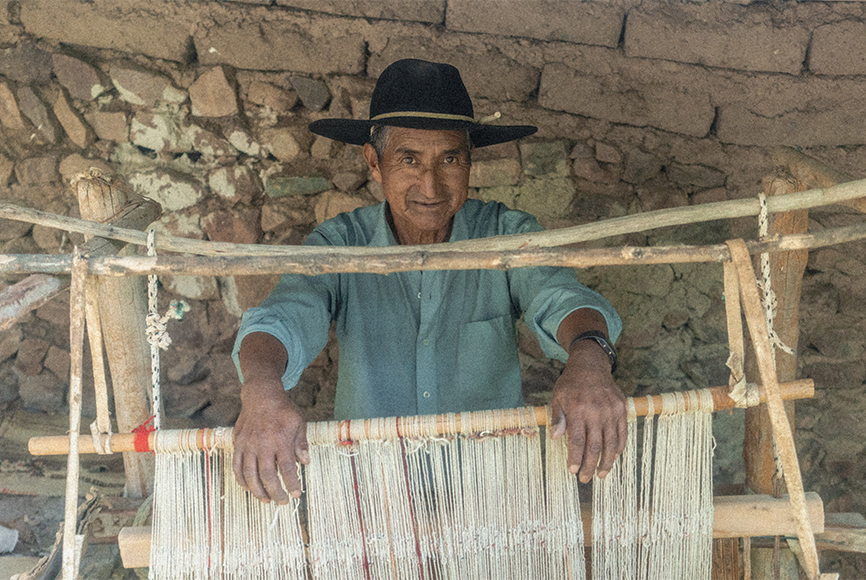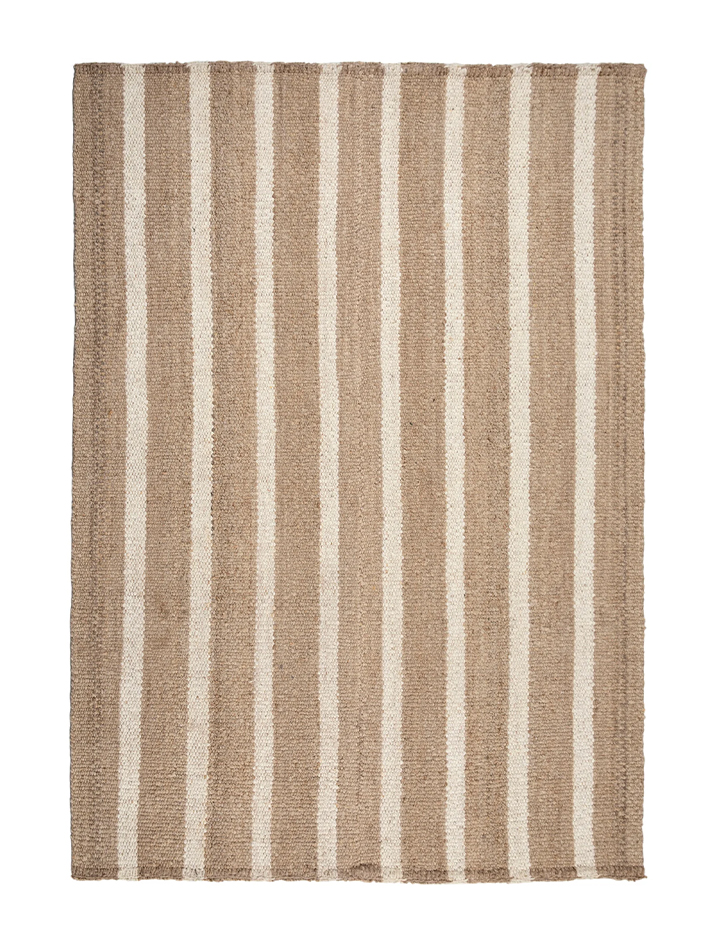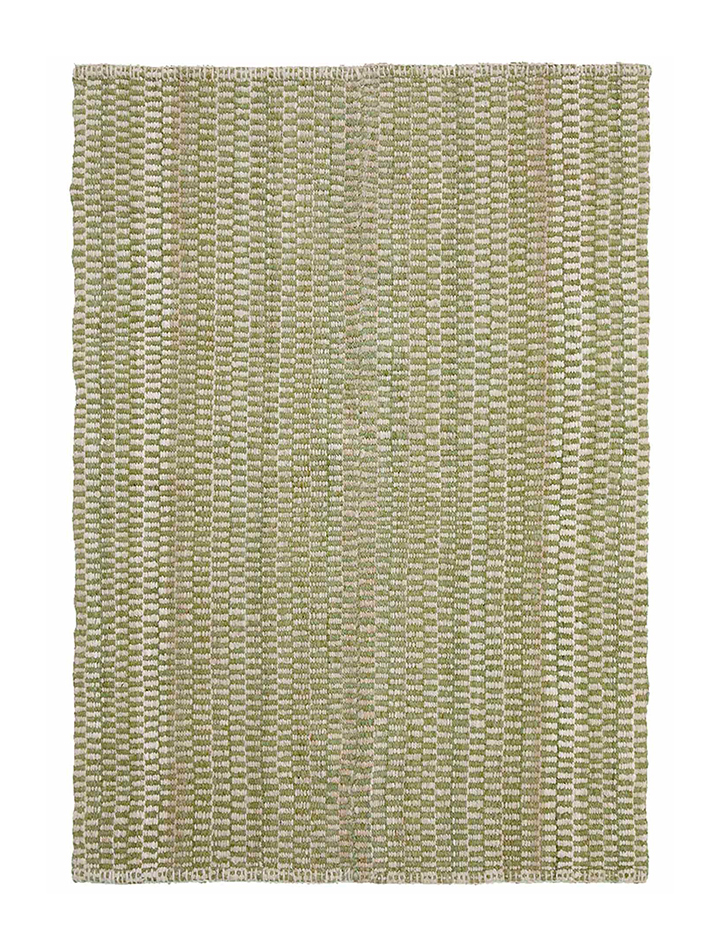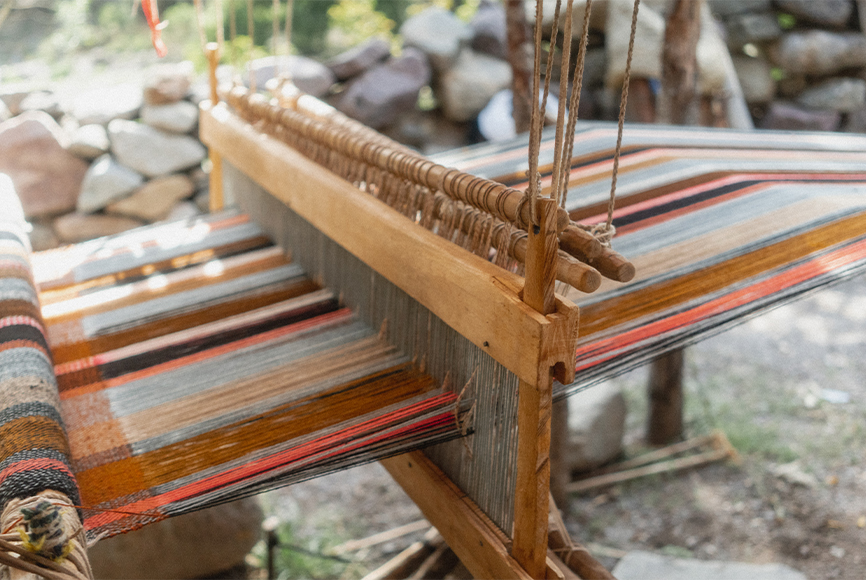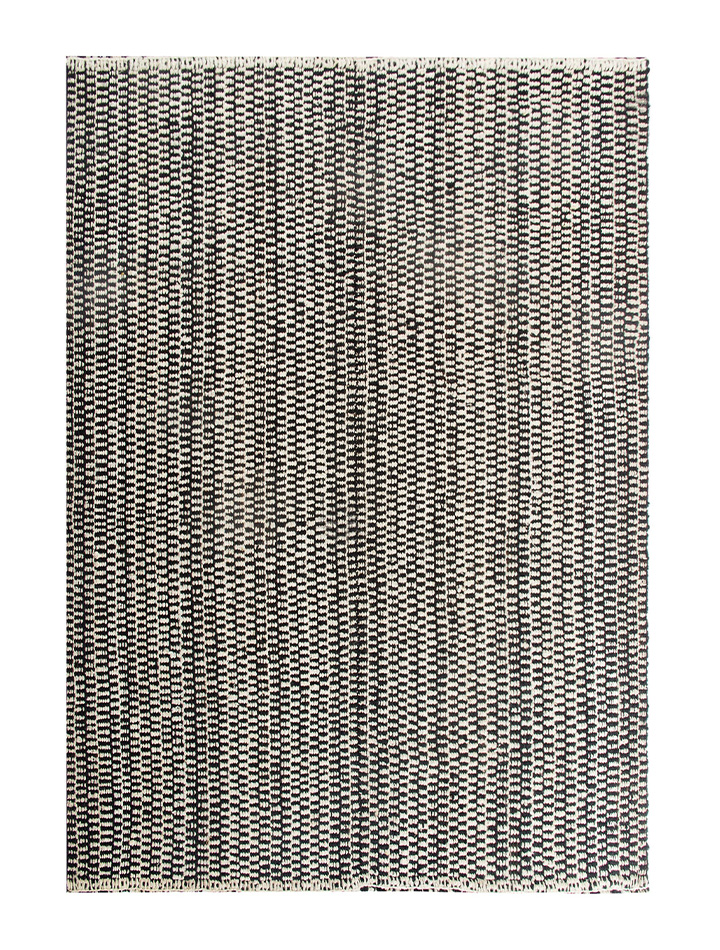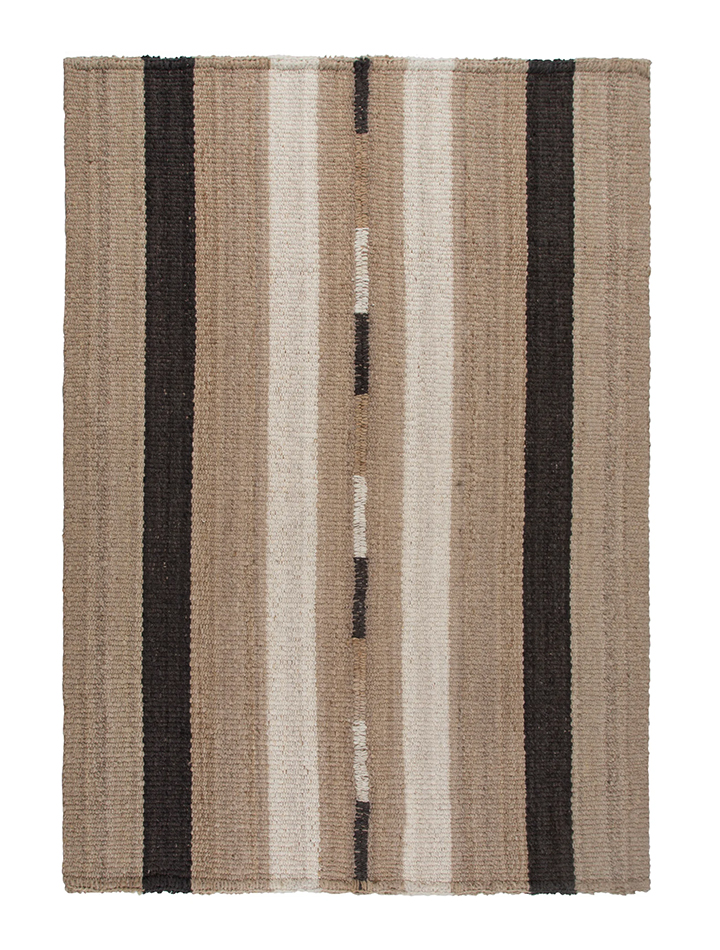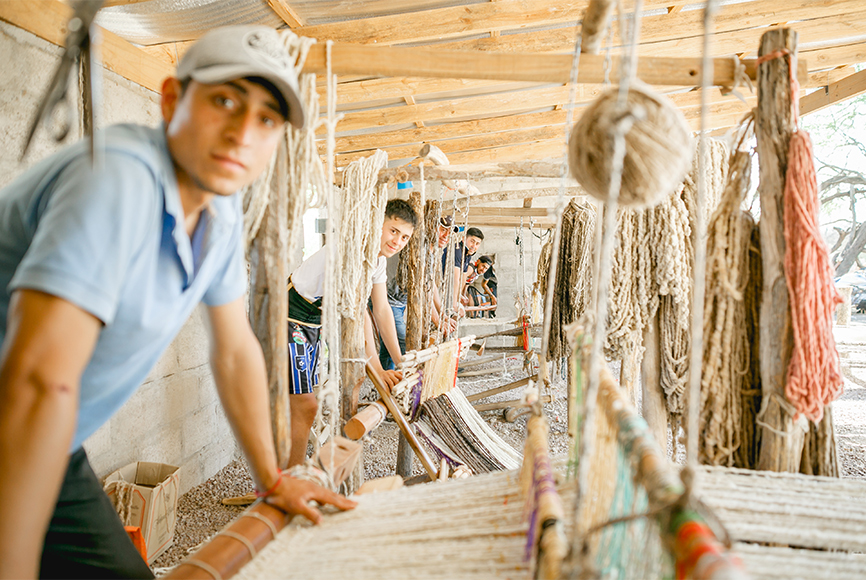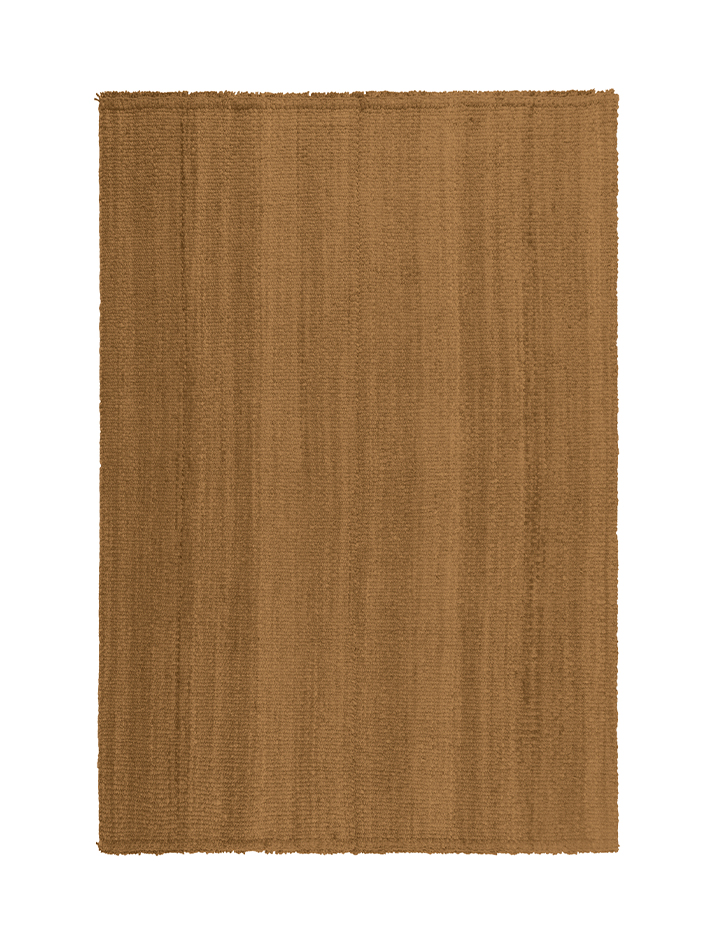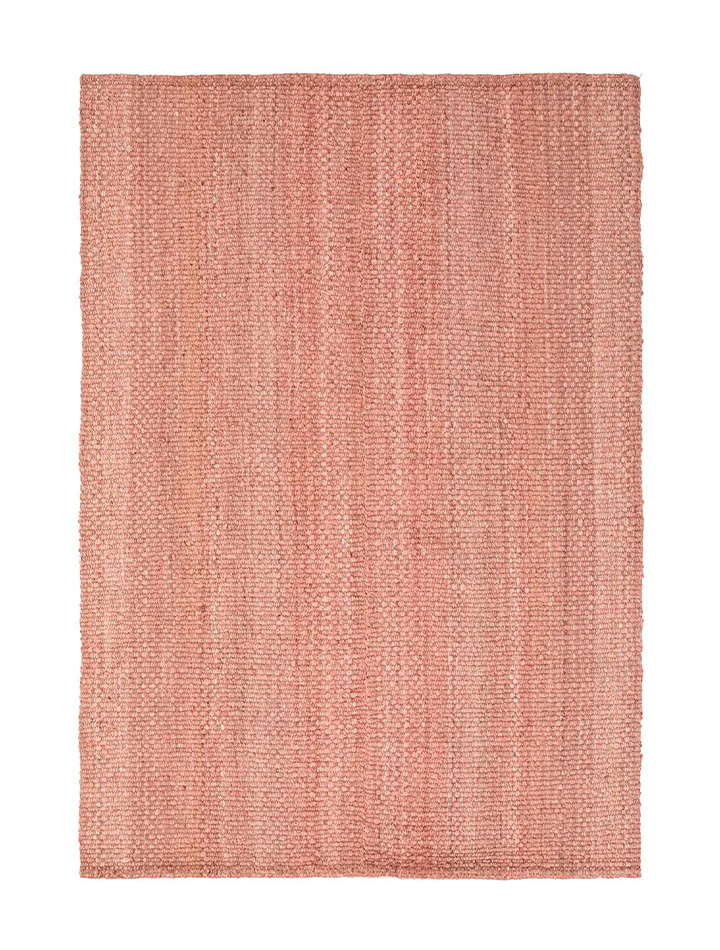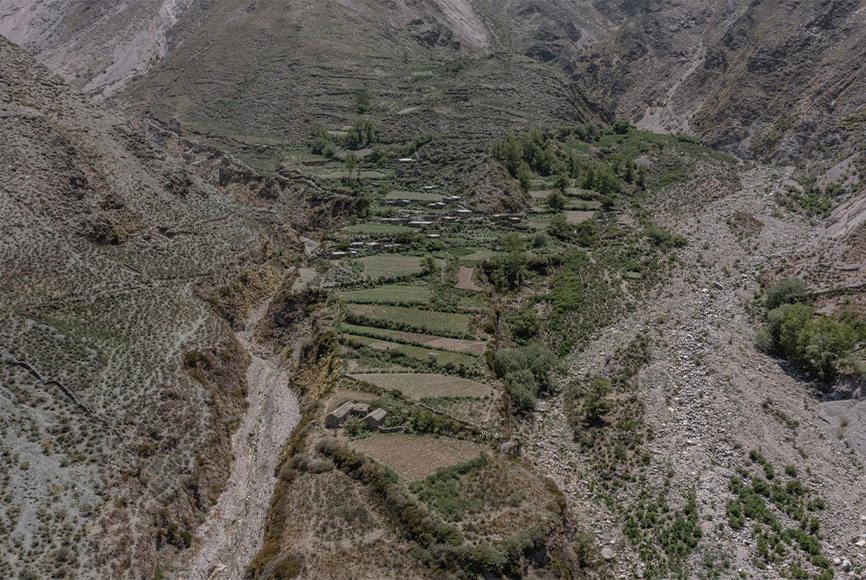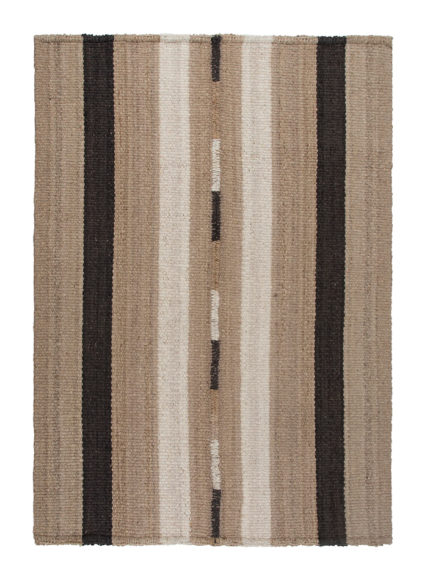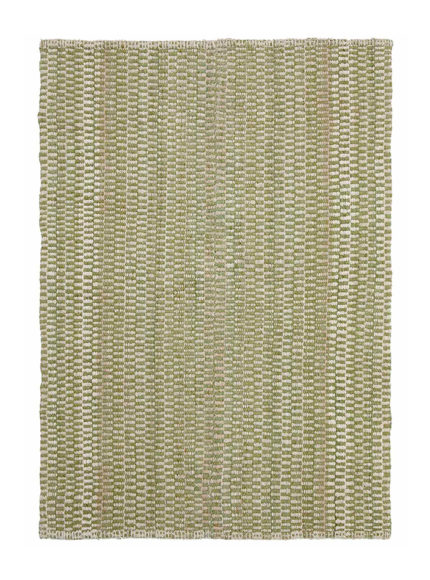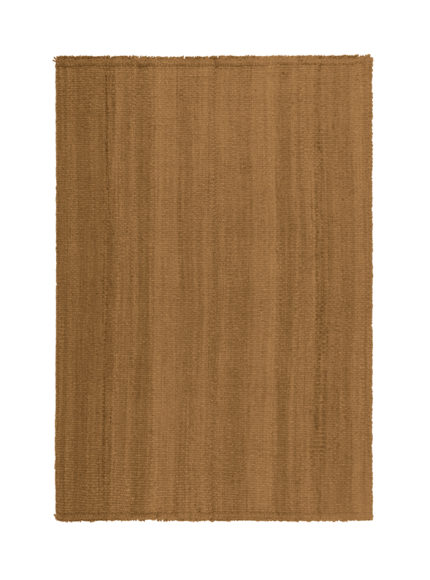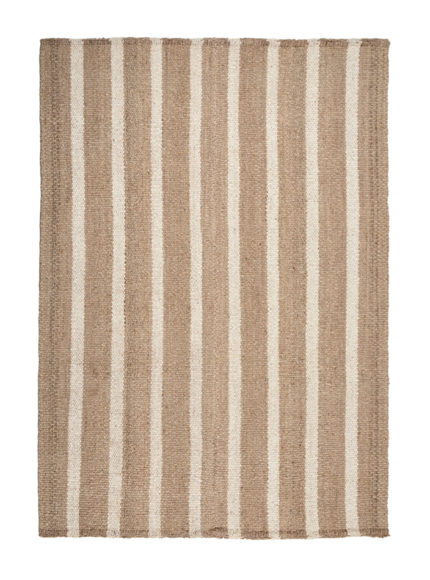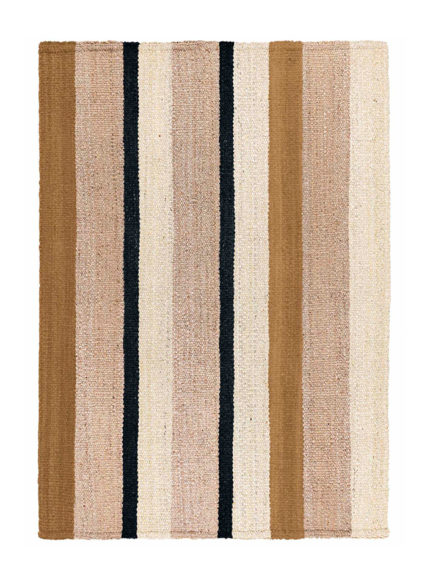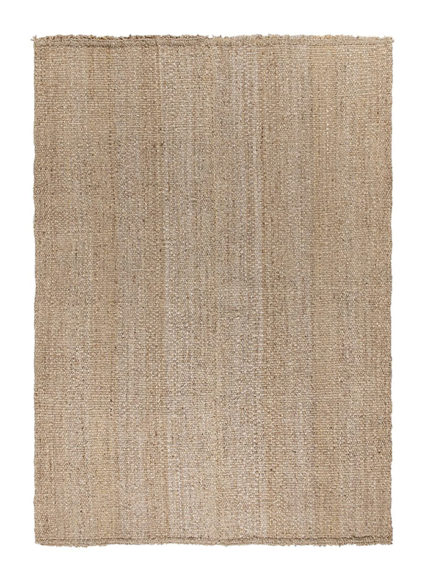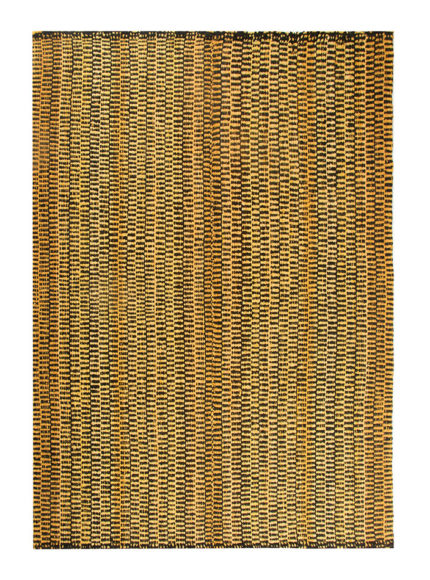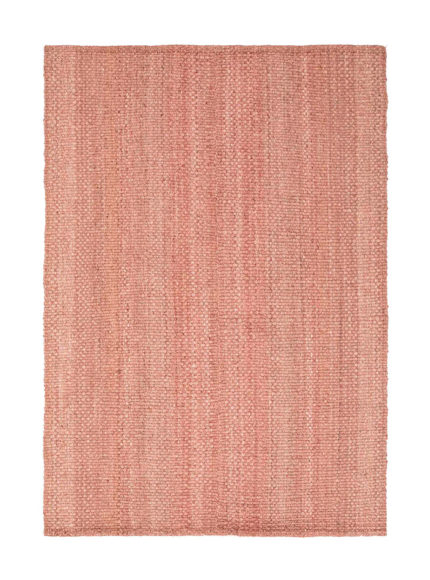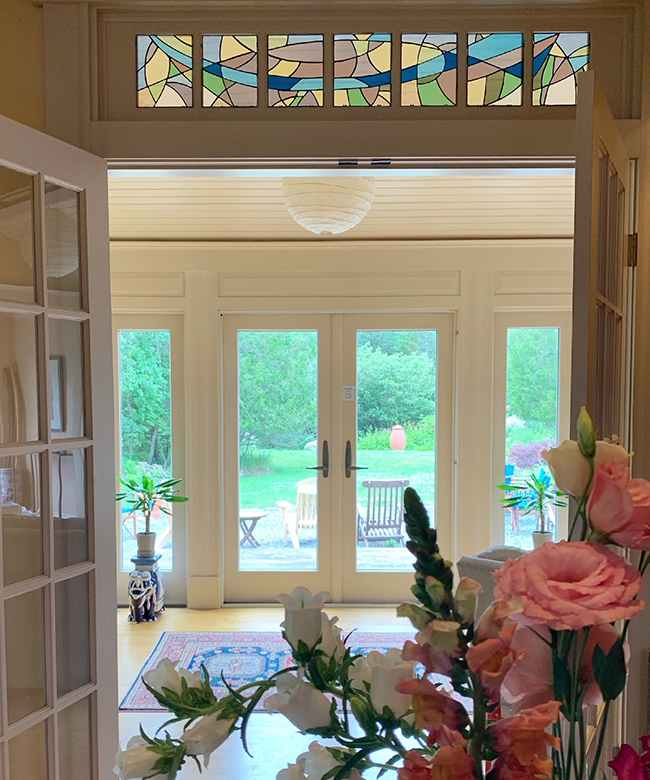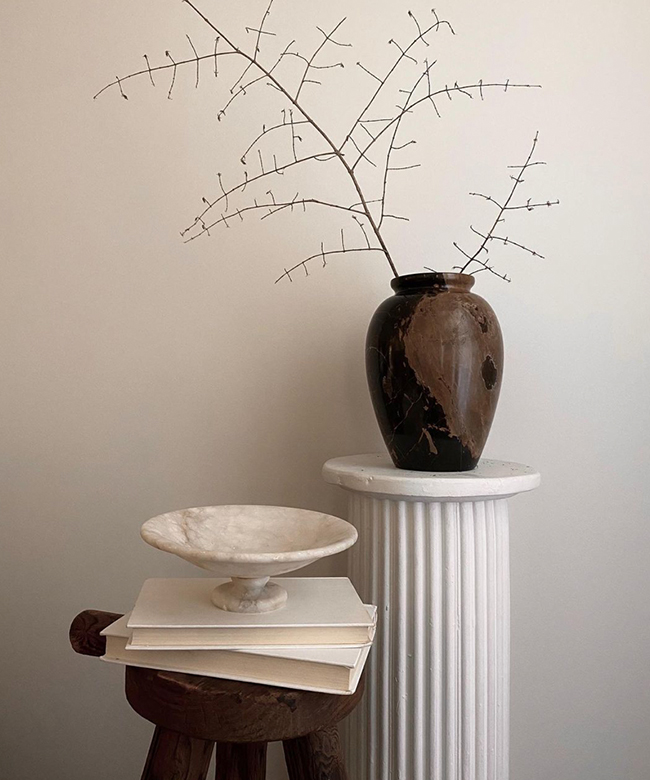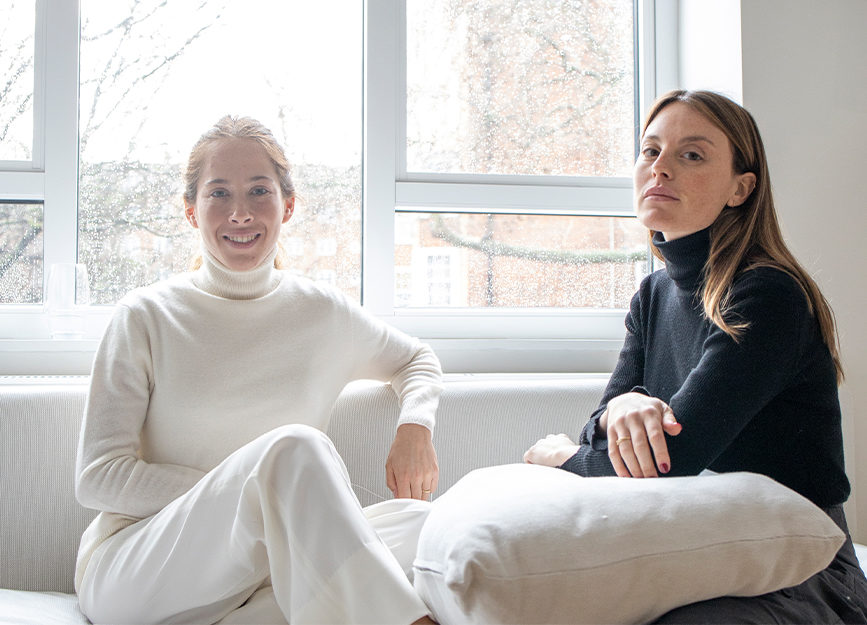

Photographs By Maggie Viegener for Allwina
@allwina.official
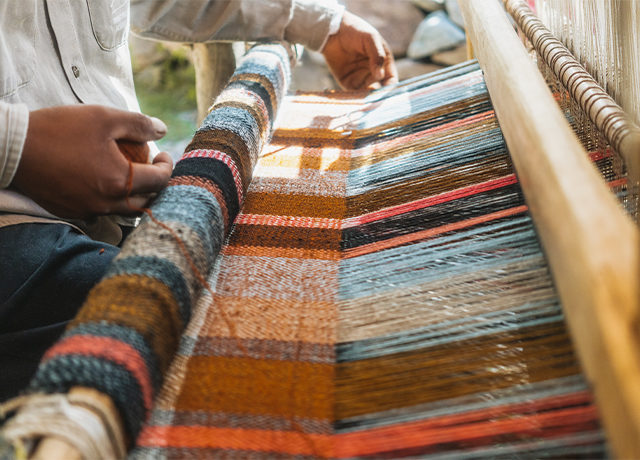

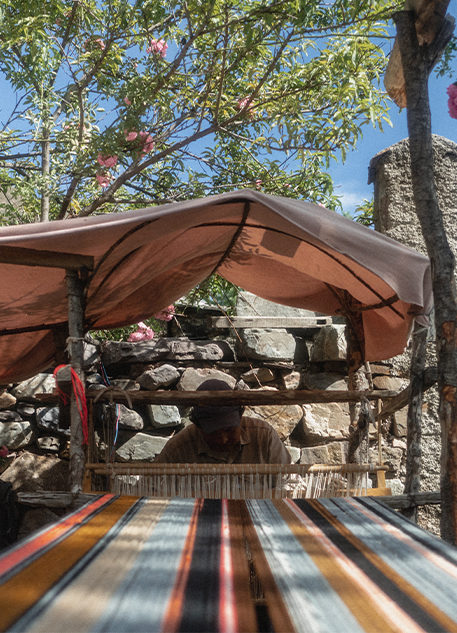

@allwina.official
Home
Sustainable Business & Craftsmanship with Maria Perello, Founder of Allwina
Founder of Allwina, Maria Perello, gives us an incredible overview of how Allwina came to be, touching upon how her South American heritage inspired the brand and the sustainable values and understanding of business that underpin everything that Allwina stands for.
“At Allwina, our vision is to be the voice that brings textile crafts to the fore in the UK and Europe and strengthen the message in the US market. Allwina guarantees transparency, best practice production processes, fair trade, and end-to-end reliability.”
– Maria Perello
How did you come up with the concept?
On the one hand, as an Argentine, it was almost immediate to witness first-hand there was a large group of people who were interested in buying South American finest-quality pieces and could not access them since there was no direct and secure access. Several talks and social situations led me to easily discover that there was no one who fulfilled this need nor gave pertinent value to South American crafts in the US/European markets helping aid this demand. Adding to this is the lack of credibility and trust that is sometimes associated with small, family businesses or artisan projects that are so far away from European cosmopolitan cities.
On the other hand, during our research and business modelling process, we discovered that existing projects -for several reasons- have a strong need and desire to sell internationally, but cannot face the international market on their own, on a sustained basis. Solving systemic issues requires coming together rather than inventing something new. At Allwina we manage the business at an international level (COMEX, Sales, Finance, Marketing, is the same people negotiating global agreements, etc.) while each of the projects that have joined us can focus on the product and the continuous improvement of their processes. Being part of the global stage requires skills from all disciplines and we wanted to address it.
Finally, as a founder, I personally believe in the cultural importance of crafts, design and art, and the powerful role they can adopt when it comes to social and economic impact.
That’s where Allwina comes in, with the crucial role of being a bridge. We not only have our own collection but also create a thoughtful curation of textile items, so that we facilitate access to unique projects while ensuring transparency, best practices, and end-to-end reliability.
How does Allwina support different craftsmen?
We have built a strong artisan supply chain by working hand in hand with existing projects that have been working hard for years in the making – they are strongly established back in South America but still are emerging projects, so we act as the link through which they reach the UK, Europe and already the US. That is possible because Allwina speaks both languages, the language of the rhythm and dynamics at the origin, which is key for building long-term relationships in a respectful and responsible manner, and the language of business in developed countries.
The direct impact on the communities that are behind us, is to generate more and more work for them. Our goal is to revolutionize those local economies, which carries many other very clear and direct positive consequences as I tell on my website.
“Being sustainable means creating together, adding value across the industry, partnering with suppliers and even those previously considered competitors. It is part of Allwina’s DNA.”
– Maria Perello
Anything in the pipeline that we should all be excited about?
Not everyone knows that, even though our Signature Rug collection shown is large, we have a hidden gem of possible bespoke rugs for Interior Designers and Interior Design Studios. The possibilities of creation are endless with our partner’s know-how and the skilled hands of the artisans behind these creations. In other words, we have the luxury of being able to create literally anything.
On a personal note, what drives you to live a sustainable lifestyle?
I lived a large part of my life in a small town. I grew up in circumstances where there were not many opportunities and I always understood that sometimes growth can’t be possible if the parts don’t come together and that it is essential to do it in a sustainable way, both looking for the present and the future.
Can you highlight some of the ways Allwina is sustainable?
We are on the way; I personally believe being sustainable is an iterative process.
Having said that, let me say that often the first thing that comes to mind is the timelessness of our designs and how long our pieces can be used, and that is an important factor in our work, indeed considered in our production formulas, but the way to be sustainable implies a general approach where not only the timeless design matters or the composition of a garment, but rather the business model of which they are a part: fair trade, interdisciplinary work, etcetera.
Being sustainable means creating together, adding value across the industry, partnering with suppliers and even those previously considered competitors. It is part of Allwina’s DNA.
Celebrating the people and processes behind Allwina is part of the journey to help educate and raise awareness, and ultimately gather responsible consumers who are willing to support the industry in making circularity and sustainability truly happen.
Can you highlight some of Allwina’s different designers? 2 or 3 maybe?
Fernando Bach and Pablo Mendivil are specialists in the craftsmanship of handloom pieces. They were probably the first to see that the product of a loom could be an object of desire and they transformed the industry in Argentina. We are very proud of each other to be working together.
They have been working for around 20 years, and took the reins of textile production woven on a manual loom in Argentina. Nowadays they lead around 360 rural artisans dedicated to the production of high-quality handcrafted textiles, who are weavers by heritage but specialists as a result of two decades of work where they have worked 100% hand-in-hand to improve techniques and control the process in a healthy and sustained way.
Partnering Fernando and Pablo for our Rugs signature collection means our rugs are part of a Fairtrade International and B Corp certified production process.
Clara de la Torre from Manto Coats and Paula Martini are two of my favourite designers from boutique brands from back home. Both of them have a large trajectory and managed to create their own language as a strong feature of their brands. Both projects, Manto and Paula Martini, are a symbol of how textile crafts and artisanal tradition can be taken to contemporary apparel design, whilst telling a story of how to adapt to your surroundings.
Anything in the pipeline that we should all be excited about?
Not everyone knows that, even though our Signature Rug collection shown is large, we have a hidden gem of possible bespoke rugs and handmade tweeds for upholstery and interior accessories for Interior Designers and Interior Design Studios. The possibilities of creation are endless with our partner’s know-how and the skilled hands of the artisans behind these creations. In other words, we have the luxury of being able to create literally anything.
Partnering with Fernando and Pablo for our Rugs signature collection means our rugs are part of a Fairtrade International certified production process in the origin.
On a personal note, what drives you to live a sustainable lifestyle?
I lived a large part of my life in a small town. I grew up in circumstances where there were not many opportunities and I always understood that sometimes growth can’t be possible if the parts don’t come together and that it is essential to do it in a sustainable way, both looking for the present and the future.














